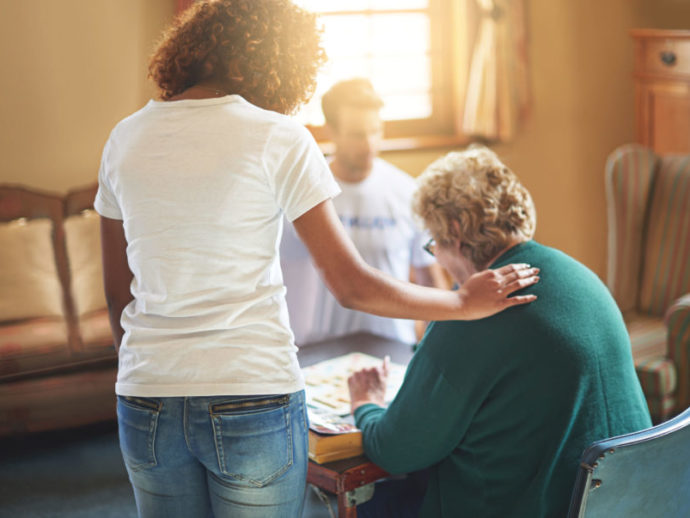
If you’re eating well and staying physically active, you’re on your way to optimum well-being. But there’s something else you can do to have a positive and lasting impact on your health: help someone else.
International Volunteer Day is on Dec. 5—a perfect time to experience the many ways to volunteer and the benefits of doing it.
Does your heart good
Researchers have recently found a strong correlation between volunteering and a reduced risk of high blood pressure.
The US study tracked more than 1,100 adults over a four-year period to determine what effect volunteerism might have on their blood pressure. The researchers found that those who reported at least 200 hours of volunteer work per year were 40 percent less likely to develop hypertension than those who didn’t volunteer.
Helps you just feel better
In one study, more than 75 percent of those who volunteered indicated that volunteering made them feel physically better. They also felt their health had improved over the previous year.
Volunteers are more likely to seek out information on their health, making them more engaged patients. Volunteers with chronic health issues are better able to manage their illness by staying active and keeping their mind focused on other tasks.
Researchers use the term “helper’s high” to describe the feeling we get when we perform a good deed. This positive feeling is experienced when endorphins are released; it can reduce pain and lower stress levels. The bottom line: we feel good when we do good things.
Helps manage stress
The negative effects of stress on our mental health are well known. Volunteering can help reduce stress while increasing self-esteem and satisfaction with life.
Volunteers also report improved moods and an enriched sense of purpose. They’re more likely to report feeling calm and peaceful, and they score higher on a variety of measures of emotional well-being.
How can you help?
Start with some self-exploration—understanding what matters to you, what brings out the best in you and how you might want to contribute.
Consider your personal goals for learning and development. Many volunteer websites offer online tools and resources, including opportunity databases and assessment tools, to help you find the right opportunity.
Ask yourself:
- What do I enjoy doing?
- What do I want to avoid?
- What am I good at?
- What would I like to learn?
- How could I apply my skills in a new way?
Tips for getting started
Ask around
Speak to friends and family with similar values and interests. Recommendations can help you find the right opportunity more quickly.
Use the buddy system
Not ready to take the leap alone? Find a friend who is willing to join you.
Attend community events
Look for community events that interest you. It’s a great way to learn about an organization without making a commitment.
Start small
Start out with a single event or project. Once you’re comfortable with the organization and have a better idea of how much time you can reasonably give, you can adjust your volunteer hours.

